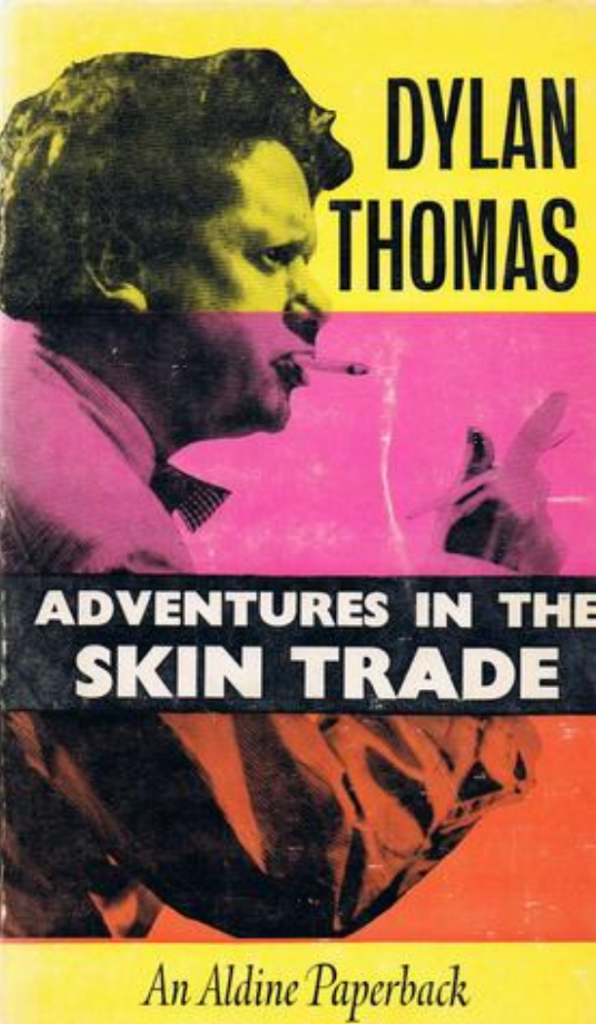 “Call him Samuel Bennett.” Dylan implores of his reader, echoing surely, “Call me Ishmael,” from Melville’s Moby Dick, another protagonist whose agency is faded in favour of adventure. This unfinished collection of stories by Dylan Thomas captures a strange young man’s move to a city from a small town in Wales in a handful of bizarre encounters. Thomas apparently meant these stories to be something of a Dante’s Inferno, each skin peeled off as a circle of Hell. 1930s London’s seamy side is portrayed so timelessly that it is still recognisable today to anyone who has experienced it. This recognition is to such a degree that it has to be suggested that Thomas lived through similar episodes himself as a young man. First written as a series of shorts for publication in a magazine, Dylan stopped writing them, and we never got to find out what happens in the end, but don’t let that put you off.
“Call him Samuel Bennett.” Dylan implores of his reader, echoing surely, “Call me Ishmael,” from Melville’s Moby Dick, another protagonist whose agency is faded in favour of adventure. This unfinished collection of stories by Dylan Thomas captures a strange young man’s move to a city from a small town in Wales in a handful of bizarre encounters. Thomas apparently meant these stories to be something of a Dante’s Inferno, each skin peeled off as a circle of Hell. 1930s London’s seamy side is portrayed so timelessly that it is still recognisable today to anyone who has experienced it. This recognition is to such a degree that it has to be suggested that Thomas lived through similar episodes himself as a young man. First written as a series of shorts for publication in a magazine, Dylan stopped writing them, and we never got to find out what happens in the end, but don’t let that put you off.
What this book presents is rather insane and haunting, but written so tight and witty as to be laugh-out-loud entertaining. Samuel is a somewhat psychotic young man, who we meet as he systematically destroys every small part of his family’s home the night before he leaves for London, why, we will never know. Maybe he is breaking out from his normality, his faceless, unending family’s crochet and tea sets that drive him as wild as the cats that roam outside in the dark streets. Maybe to put away childish things, he must break them. A nihilistic quest for the mysterious Lucille — probably a prostitute — who someone vaguely told him about leads him to imagine London will be easy to navigate, and that he will meet Lucille with one easy phone call. To what end he may imagine, is not clear. And so he takes the train to what he hopes will be an interesting, experimental future.
But London is not at all as he imagined, and nor can he survive quite as well as he expected, especially as the first thing that happens to him is that he gets his finger stuck in a bottle that for some reason nobody offers to smash. As he bumps into various weird characters that lead him across the city’s underbelly, it becomes clear the people who have taken him under their wing have little intention of actively assisting him, but to only let him tag along.
In the vein of Knut Hamsum’s Hunger, in which a young writer refuses to sell his writing to buy food despite many offers, the personal rebellion (personal as it affects nobody else) that Samuel rages against the world is a campaign to refuse agency and to let only others dictate his fate. He seems to have no purpose, or ambition, and has little to offer in terms of an explanation for his motives.
What makes this book so astonishing is the writing. To have such great prowess in his switch from poetry to this wonderful wit and wordsmithery is unique, and if Thomas’ poems have never stoked you, this book may well. It is a very great shame this series was never completed. Many compare Thomas to Joyce, but for me, Thomas’ prose here is superior by far, and much more accomplished than anything dry old Joyce might have cobbled together. Take this description of a nightclub in London’s Soho that could as well describe a dive there today,
“And the dancing cannibal mouthed black razor kings shaking their women’s breasts and blood to the stutter of the drums, snakily tailored in the shabby sweat smelling jungle under the wet pavement. And a crimped boy danced like a girl, and the two girls serving were as harsh as men.”
We will never find out what happens to Samuel, as we leave him steeped in London’s filth. But maybe that’s part of this book’s charm, the way its lack of literal ending makes it seem endless, for surely even today, an angry young man with no real mission will take a train to London and get swept up by those who take pity on him for some bizarre adventure in a city that’s still as strange today as it was in 1933.


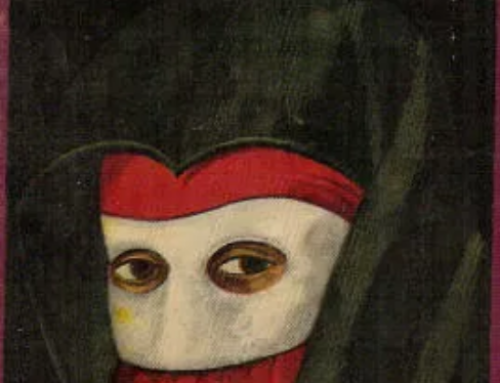

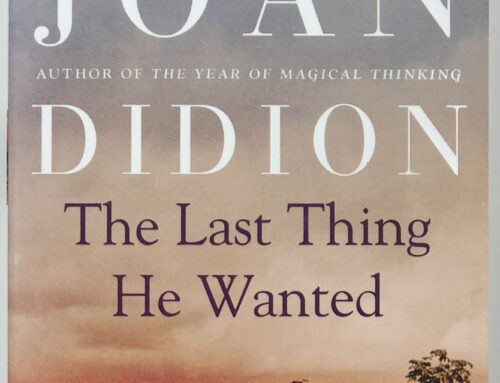
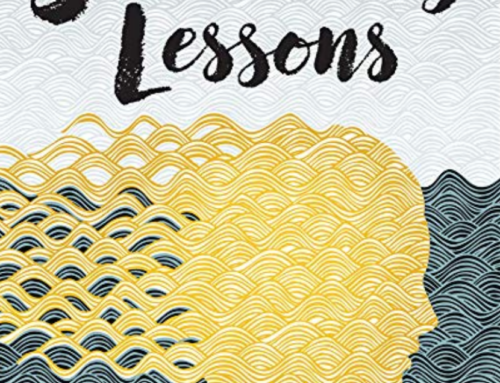
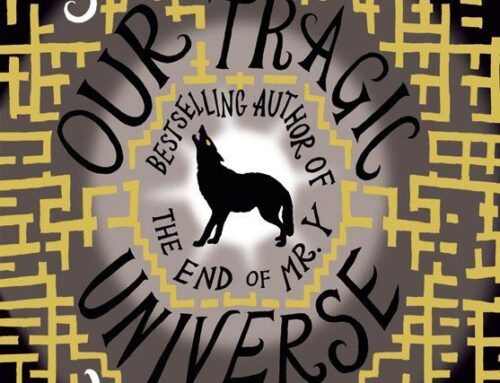

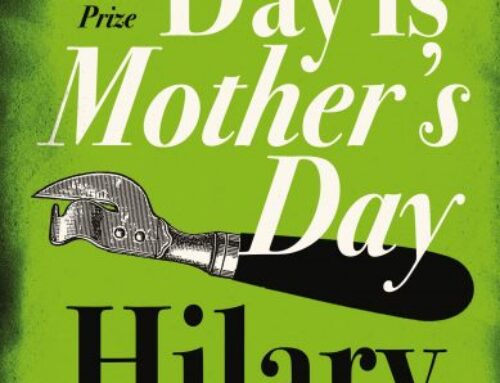

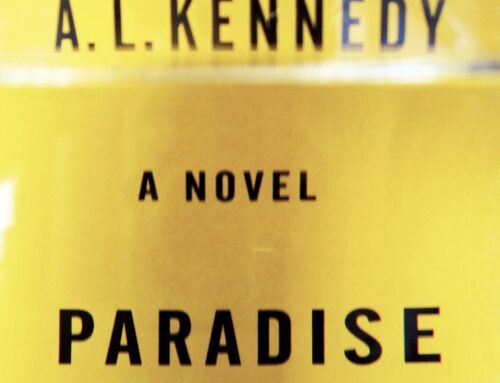

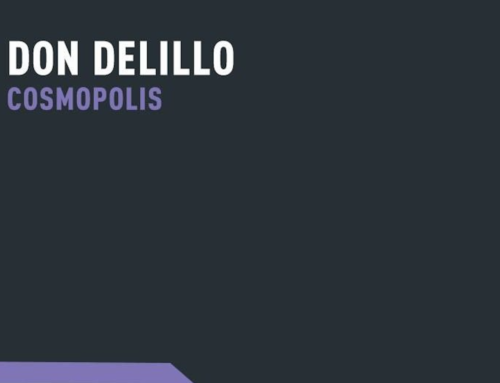
Leave A Comment